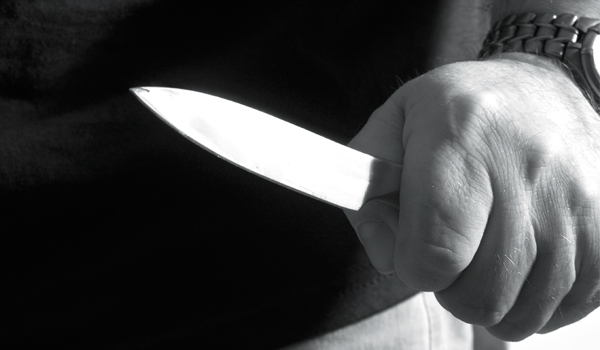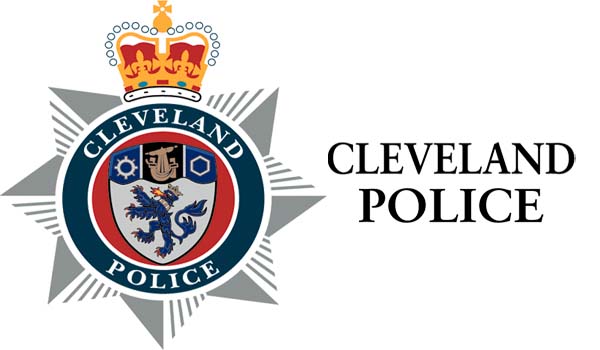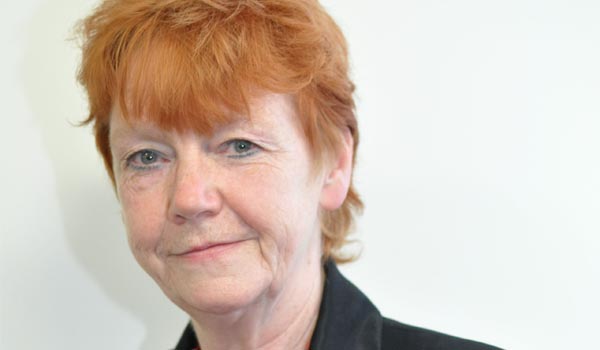MPS knife crime strategy labelled 'unusual and unjustified' by think-tank
A focus on stop and search at the expense of neighbourhood policing has been blamed for the rise of knife crime in London, a new report claims.
The centre-right Policy Exchange report said the Metropolitan Police Service (MPS) followed an “unusual and unjustified strategy” of using stop and search in the face of a spike in knife crime rather than target high-profile drug traffickers and putting boots on the ground.
It said the number of fatal stabbings in London doubled between 2013 and 2019 despite better survival rates for victims of knife attacks.
Titled Knife Crime in the Capital, the report also found London’s “knife crime crisis” impacted certain groups more than others – with black people nearly five times more likely to be admitted to hospital as a result of being stabbed than white or Asian people, and people under 25 accounting for more than half of hospital admissions for stabbings in London in 2019/20.
It said: “The strategy the MPS has chosen to pursue is highly irregular when compared to other big cities, even when taking the unique challenges of policing London into account.”
The report said, compared with forces in Merseyside, the West Midlands and West Yorkshire, the MPS had the highest rate of stop and search, and the lowest for apprehending drug traffickers and second lowest rate of officers involved in neighbourhood policing.
It added: “Suppression through measures such as stop and search is essential, but the MPS has over the last few years relied too heavily on this tactic alone, without building support for its activities from the communities most in need of help.
“Although the policing of London presents unique challenges in terms of the complexity and scale of the task, the MPS seems to have an unusual and unjustified strategy, combining a relatively high rate of stop and search with weak community policing and targeting of high-profile criminals.”
The report also said the recent fall in knife crime was “attributable almost entirely to lockdown measures” and the MPS needed to “prepare for an upswing in violent crime, before knife crime spirals out of control again”.
As part of the recommendations, the report suggested the police and bodies relating to policing do more to explain data around crime and police operations.
“The fact that ‘black people are nine times more likely to be stopped and searched’ is frequently reported in the media, despite the fact that this is a highly misleading narrative that undermines the relationship between the police and the communities most affected by crime,” it said.
“It is important to remember that the real injustice is that young black men have a higher victimisation rate and are more likely to die on the streets of London, not that they are subject to higher rates of stop and search.”
The report, published on Monday (October 11), contained a foreword from former MPS assistant commissioner Sir Mark Rowley, in which he said there was an argument for a “fresh look” at policing tactics.
He said: “The Met appears to adopt a highly suppressive approach yet puts fewer resources and less effort into community policing and pro-active prosecution of drugs gangs.
“The Met has deteriorating detection rates for knife crime. This is not an argument against stop and search – it is a vital tactic that the Commissioner was right to increase – but it is an argument for a fresh look at whether a different mix of tactics such as those seen elsewhere may be more successful.”
In a statement, a MPS spokesperson said: “We very deliberately are targeting and putting more resources into areas blighted by higher levels of violence and other serious crime. We use a range of tactics to tackle violence of which stop and search is just one element.
“Stop and search is just one of the tactics that helps us drive down the number of young people stabbed on our streets, it leads to the arrest of dangerous criminals, prevents crime, protects people and deters potential offenders. Every month through this tactic alone, the Met seizes around 400 weapons.
“We understand that how we carry out stops and search is vital and that inherently the experience is intrusive and can be embarrassing for the person being searched. Therefore we strive to make every encounter of stop and search professional and courteous.
“We are taking steps to better listen and respond to concerns. We are working with our communities to improve our use of stop and search, including involving them in improving our training through their lived experiences of having been stopped and searched.
“We want to be accountable and transparent. The use of stop and search powers is rightly scrutinised both within the Met and externally through the Community Monitoring Groups and the Independent Office for Police Conduct.”







